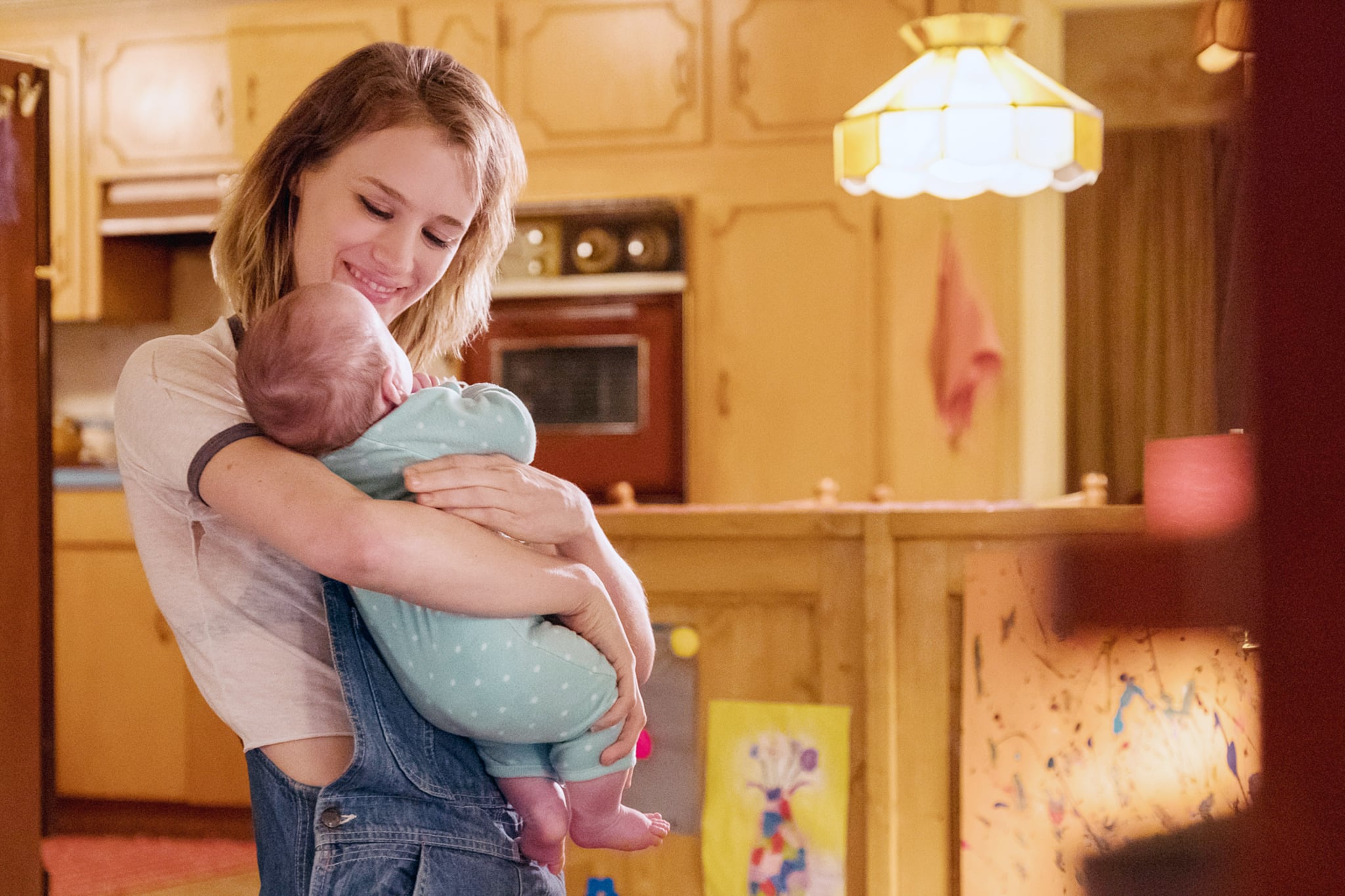
With more women opening up [1] about their battles with postpartum problems and the movie Tully [2] finally portraying those struggles in a real and honest light, people are starting to talk more about postpartum psychosis. This rare condition affects one to two women per 1,000 [3], according to Massachusetts General Hospital's centre for Women's Health, and is distinctly different from postpartum depression [4].
While postpartum depression is certainly nothing to take lightly, postpartum psychosis is even more severe. Many psychologists believe that postpartum psychosis could be a postbirth episode of bipolar disorder [5], though women who have never been diagnosed with bipolar disorder can certainly experience it, too. Perhaps unsurprisingly given its link to bipolar disorder, postpartum psychosis often involves manic behaviours, characterized by erratic highs followed by extreme lows and serious depression.
Even more scary, postpartum psychosis [6] is correlated with obsessive thoughts. Though women with postpartum depression do often experience suicidal thoughts or feelings that they aren't good enough to be mothers, postpartum psychosis takes this phenomenon a step further; many women with the condition feel that the "right thing to do" is to harm themselves or their child. These thoughts can form into hallucinations or obsessions, with many women reporting that voices in their head, a deity, or some other factor is telling them to harm or kill themselves or their baby (or both).
Postpartum psychosis is extremely severe and quite rare, but with one to two in 1,000 women experiencing it, it may not be quite as unheard of as you might think. If you or a loved one are experiencing symptoms or thoughts like these, it's important to get help immediately. Likewise, women with nonpsychotic postpartum depression need care and treatment as well. In the case of both of these disorders, better education, diagnosis, and treatment are necessary for new moms and their babies.